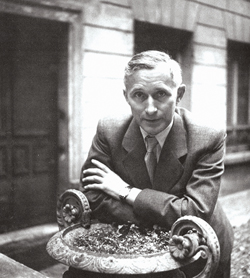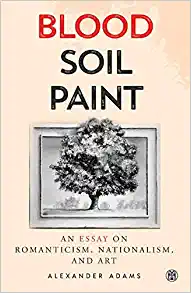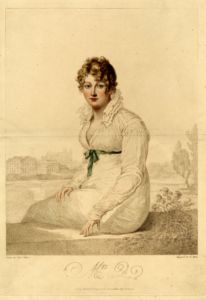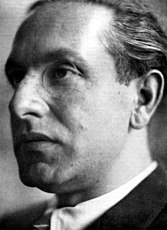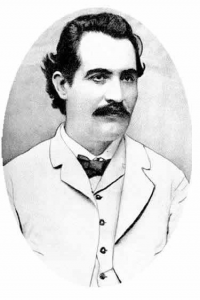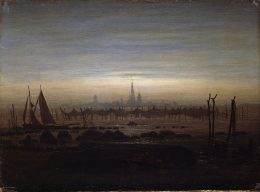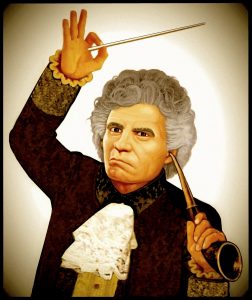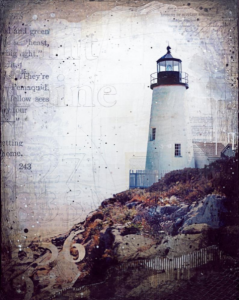3,635 words
Any power struggle is preceded by a verification of images and iconoclasm. This is why we need poets — they initiate the overthrow, even that of titans. — Ernst Jünger, The Forest Passage
Generations of dissident nationalists and their work have cultivated a thriving philosophical and intellectual ecosystem both online and in print. The Internet in particular has provided fertile terrain for countless blogs, vlogs, podcasts, and more. (more…)
